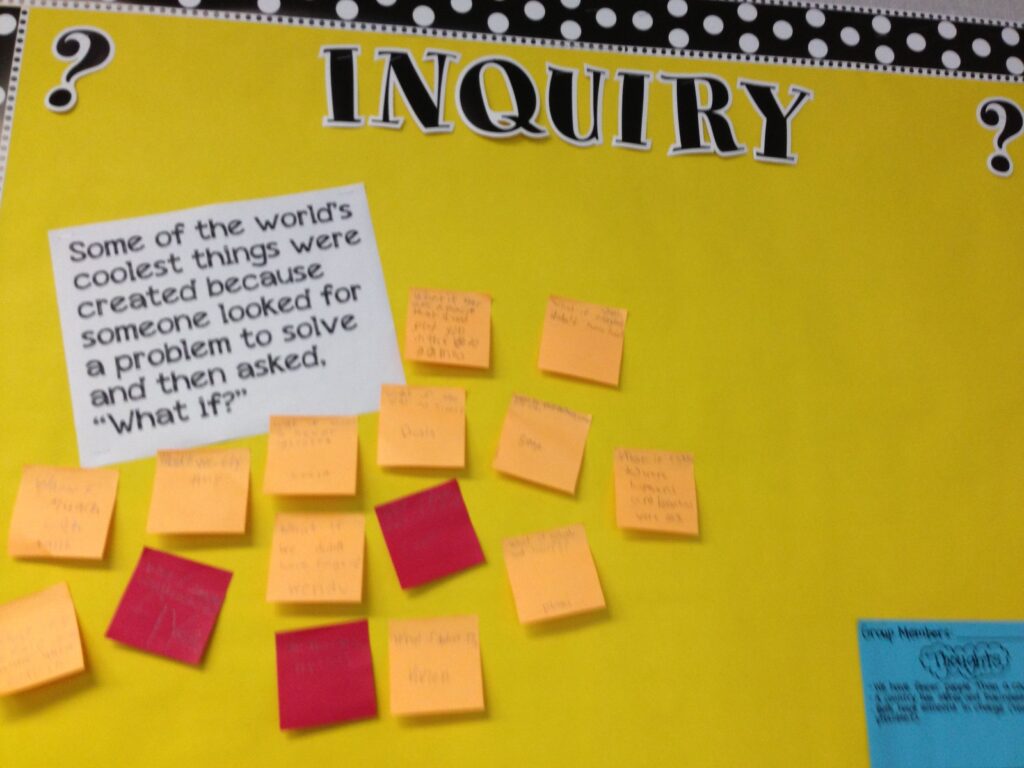This is my first course in The Chicago School of Professional Psychology’s Ed.D program in Educational Psychology and Technology. I must admit, I’m a bit nervous about starting out with a 700 course. Trial by fire, I guess. On the other hand, how culture fits in with learning and technology sounds like a great way to increase my knowledge of diversity, equity, and inclusion. Take a look at the course information below.
Official Course Description
This course examines theories and research in cultural psychology. Students will investigate the relationships among culture, learning, and human development in school and other contexts such as family, community, and work. Students will evaluate various implications for educational practice.This course will assist students in questioning technology adoption as a social phenomenon and how technology impacts communication, social interaction, and the sharing of knowledge.
Institutional Learning Competencies and Outcomes
Institutional Learning Outcome Addressed
Diversity
Graduates will respect the value and dignity of individuals and groups across all cultural contexts, and advocate for inclusion and equity. They will demonstrate intercultural competence in domestic and international contexts with people who have ideas, beliefs, worldviews, experiences, and behaviors that are different from their own.
Social Justice: Analyze issues of human rights and equality and how access to education, wealth, opportunities, and privileges differ within a society.
- SJI: Demonstrate awareness and implications of biases, prejudices, and assumptions. (signature assignment/advanced level)
- SJ2: Analyze how structural inequities are impacted by historical, social, class, and psychological factors. (signature assignment/advanced level)
- SJ3: Explain how social justice issues are manifested in educational and organizational contexts. (signature assignment/advanced level)
By the end of this course, students will be able to…
CLO 3: Analyze the ethical use of technology and digital information within diverse learning and teaching environments. (Aligns with PLO 3 and 5)
- MLO 8: Analyze several research articles that focus on culture, technology, ad learning. (Aligns with CLO 3)
- MLO 9: Design a technology tool to teach cultural competencies across disciplines. (Aligns with CLO 3)
- MLO 11: Define educational psychology and its connection with cultural concepts. (Aligns with CLO 3)
CLO 4: Construct curriculum that addresses cultural differences and variations. (Aligns with PLO 4)
- MLO 7: Develop an educational activity that uses technology to teach about cultural difference (Aligns with CLO 4)
- MLO 10: Develop interview questions that focus on cultural intelligence and self-perception. (Aligns with CLO 4)
- MLO 12: Complete a curriculum sequence. (Aligns with CLO 4)
CLO 5: Investigate social justice issues within diverse and culturally varied learning environments. (Aligns with PLO 6, 7, and 8)
- MLO 13: Apply a definition of culture to specific learning environments and curricula. (Aligns with CLO 5)
- MLO 14: Consider the role of cultural intelligence within a research environment. (Aligns with CLO 5)
- MLO 15: Explain methods for exploring assumptions. (Aligns with CLO 5)
- MLO 16: Discuss cultural intelligence and its role in eliminating cultural assumptions. (Aligns with CLO 5)
- MLO 17: Define neoliberal multiculturalism within the development of curriculum. (Aligns with CLO 5)
- MLO 18: Analyze a social justice issue within a teaching and learning environment. (Aligns with CLO 5)
Professional Practice
Graduates will be able to demonstrate attainment in the areas of competency (as reflected in knowledge, skills and attitudes) required by their area of education and training. Examples include evaluation, intervention, consultation, teaching, and supervision.
Consultation and Education: Act as a proactive agent of change to provide guidance at various levels of an organization to integrate the psychology of teaching and learning with technology.
- C&E3: Evaluate current research and emerging trends regarding the effective use of technology. (signature assignment/intermediate level)
By the end of this course, students will be able to…
CLO 1: Compare trends in technology and cultural research and the impact of those trends on teaching and learning. (Aligns with PLO 1)
- MLO 1: Categorize the value of technology in teaching about culture. (Aligns with CLO 1)
- MLO 2: Analyze learning as a construct shaped by technology and other influences. (Aligns with CLO 1)
- MLO 3: Research current trends in culture, learning, and technology. (Aligns with CLO 1)
- MLO 4: Construct a study focused on the intersection of culture, technology, and learning.
- MLO 5: Assemble an annotated bibliography of technologically informed readings. (Aligns with CLO 1)
Technology and Education: Effectively implement and instruct innovative application of multi-media technologies in learning environments.
- T&E3: Apply technology to enhance and improve professional productivity practice.
By the end of this course, students will be able to…
CLO 2: Apply technology to learning activities within a cultural context. (Aligns with PLO 2)
- MLO 6: Employ technology to represent cultural perspectives and backgrounds. (Aligns with CLO 2)



